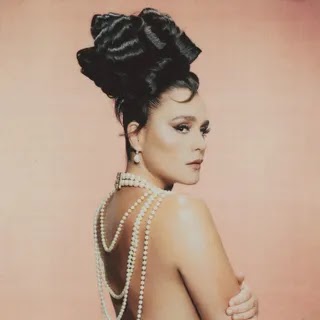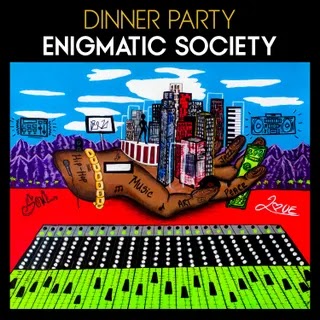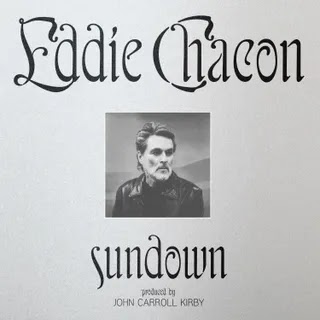The pop heartthrob’s lovestruck fourth album comes across like your friend who just got into a relationship and won’t shut up about it: You’re happy for them and also tremendously bored.
Shawn Mendes wants the world to know: He is madly in love. As the 22-year-old singer explains in the recent Netflix documentary Shawn Mendes: In Wonder, every song he has ever written is about his pop star peer and girlfriend, Camila Cabello. Like all lovestruck wordsmiths, Mendes finds his true feelings too powerful to fully express. “I think it’s like when you see a moon or stars and you try and take a photo of it with your iPhone and then you just can’t, it just doesn’t look good,” he muses. “It’s not supposed to be captured, it’s just supposed to be for us.”
But bless his heart, because Mendes’ fourth record, Wonder, sure does try. Across 14 songs (on the non-deluxe edition), Mendes spends nearly every minute bowled over by the power of love. It’s nice to see his cup overflow so bountifully, but the near-constant awe quickly grows tiresome, especially when conveyed through clichés like, “Your body’s like an ocean, I’m devoted to explore you” and, “You’re my sunlight on a rainy day.” At one point he croons that he “heard that once a wise man said, ‘Only fools go rushing in,’” as if this is supposed to be a seismic revelation. Mendes comes across like your friend who just got into a relationship and won’t shut up about it: You’re happy for them and also tremendously bored.
According to In Wonder, Mendes and Cabello have been dating for a little over a year, but first met as teenagers—he was a guitarist who found fame covering pop songs on Vine, she was one-fifth of a girl group (can I make it any more obvious?). Mendes’ elevation of Cabello as his eternal muse is surely meant to be romantic, but it comes across as naive—and vaguely terrifying. It also reflects the biggest problem of Wonder: What’s stacked up to be the love of a lifetime feels a bit empty in presentation. All-consuming passion is reduced to familiar imagery of popping bottles, dancing on rooftops, and fantasizing about marriage; the sex scene is always safely off-screen. Yet Mendes’ desire to satisfy is as steadfast as his falsetto, which puts in the work on Wonder. On the somewhat funky “Teach Me How to Love,” featuring Anderson .Paak on drums, Mendes asks his partner to “draw a map” so he can properly pleasure her.
Even if the subject matter is more than a little vanilla, Wonder is Mendes’ most musically adventurous album, touching on hip-thrusting R&B-lite, Beach Boys harmonics, and the occasional Tame Impala synth line. But every song is plagued by the same problem: Production that attempts to compensate for lyrical blandness by forcibly inserting drama. The title track circles around compelling themes like authenticity, the influence of toxic masculinity, and how it would feel to “live inside a world that isn’t black and white,” but Mendes soon brushes these aside in favor of a more pressing quandary: “I wonder what it’s like to be loved by you!” Every time he repeats the line, it’s with startling intensity, like Benjamin Franklin getting struck by a bolt of lightning. Lest you miss the profound stakes of this reflection, the production smacks you in the face with massive drums and soaring choral vocals. Even Mendes’ dreams are scored like IMAX movies.
The beginning of “Call My Friends” offers a momentary reprieve from the onslaught: Over a melancholic piano, Mendes longs for the good times that have passed him by, mourning missed birthdays and yearning to put life on pause. Though his voice is undeniably beautiful, it’s quickly swallowed by a vortex of synths as he sings, “I should call my friends and go get hi-i-i-gh.” Wonder’s biggest swing-and-miss might be “Monster,” a duet with Mendes’ childhood inspiration, recovering-bad-boy-turned-wife-guy Justin Bieber. The two Canadian lads lament the psychic toll of fame, singing of pedestals, false confidence, and “sin,” achieving a level of insight so superficial that it’s entirely meaningless.
In a sea of wannabe Biebers and sad Brits with guitars, Mendes has always been the nice guy, the boy next door who also could be an Abercrombie model. But he has yet to make a statement that truly sets him apart. Wonder offers a few intriguing hints of something deeper—nods to depression, loneliness, and rejection. All are quickly bypassed in search of a silver lining, but sometimes it’s worth lingering in those heavier feelings, if only to develop perspective. Near the end of Wonder, Mendes refers to “the boy who’s really underneath/all the scars and insecurities.” Who is that?
















0 comments:
Post a Comment